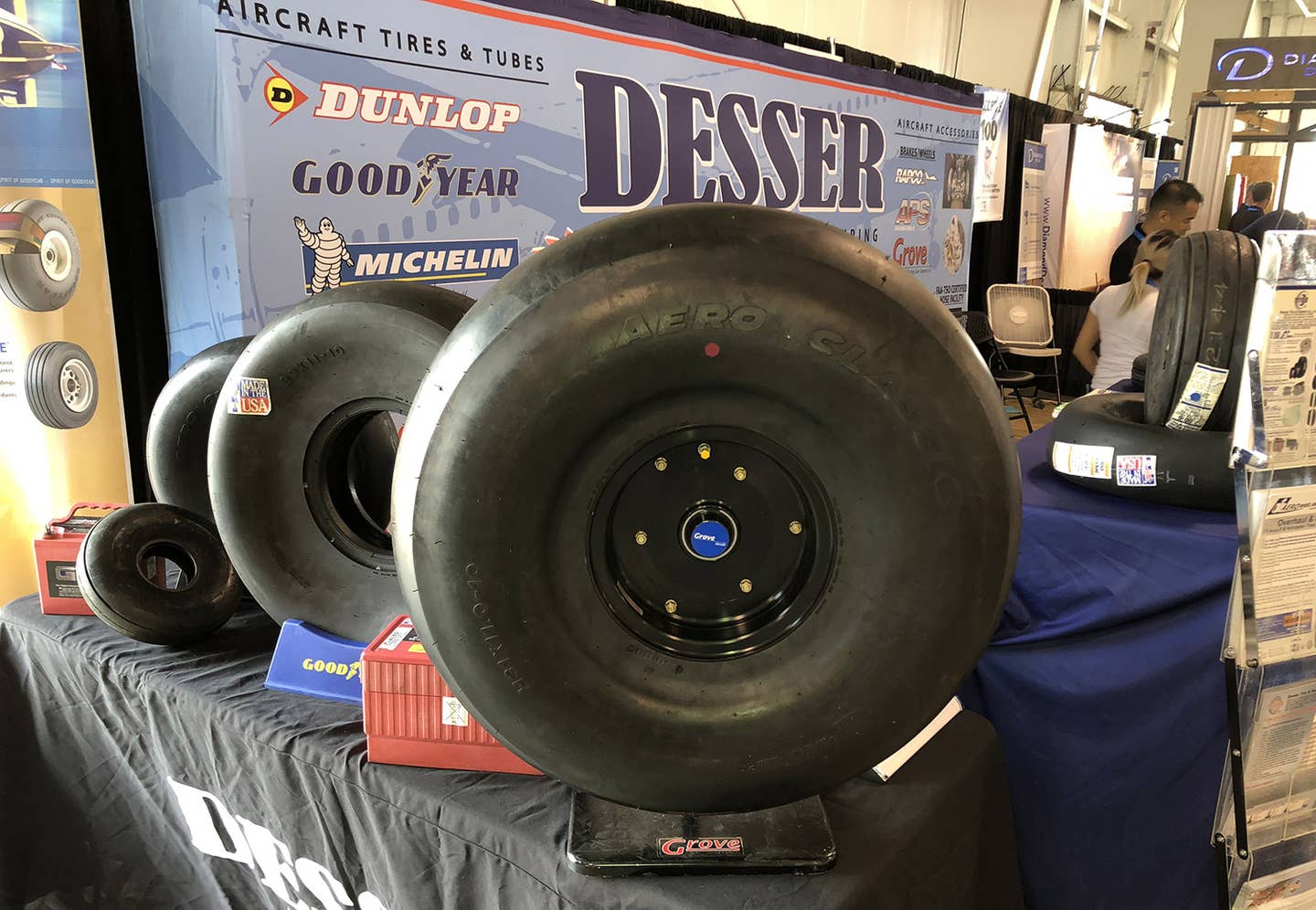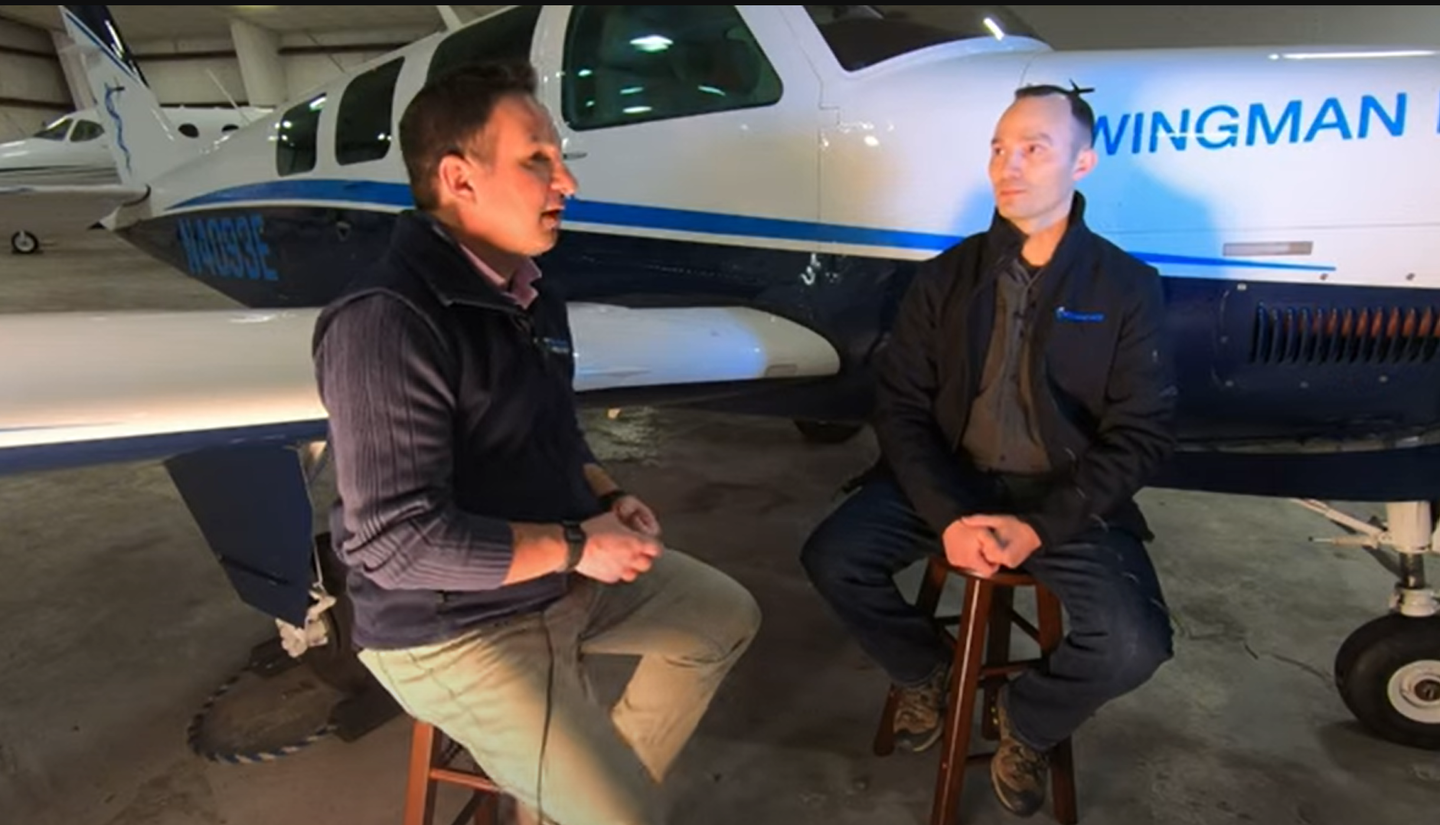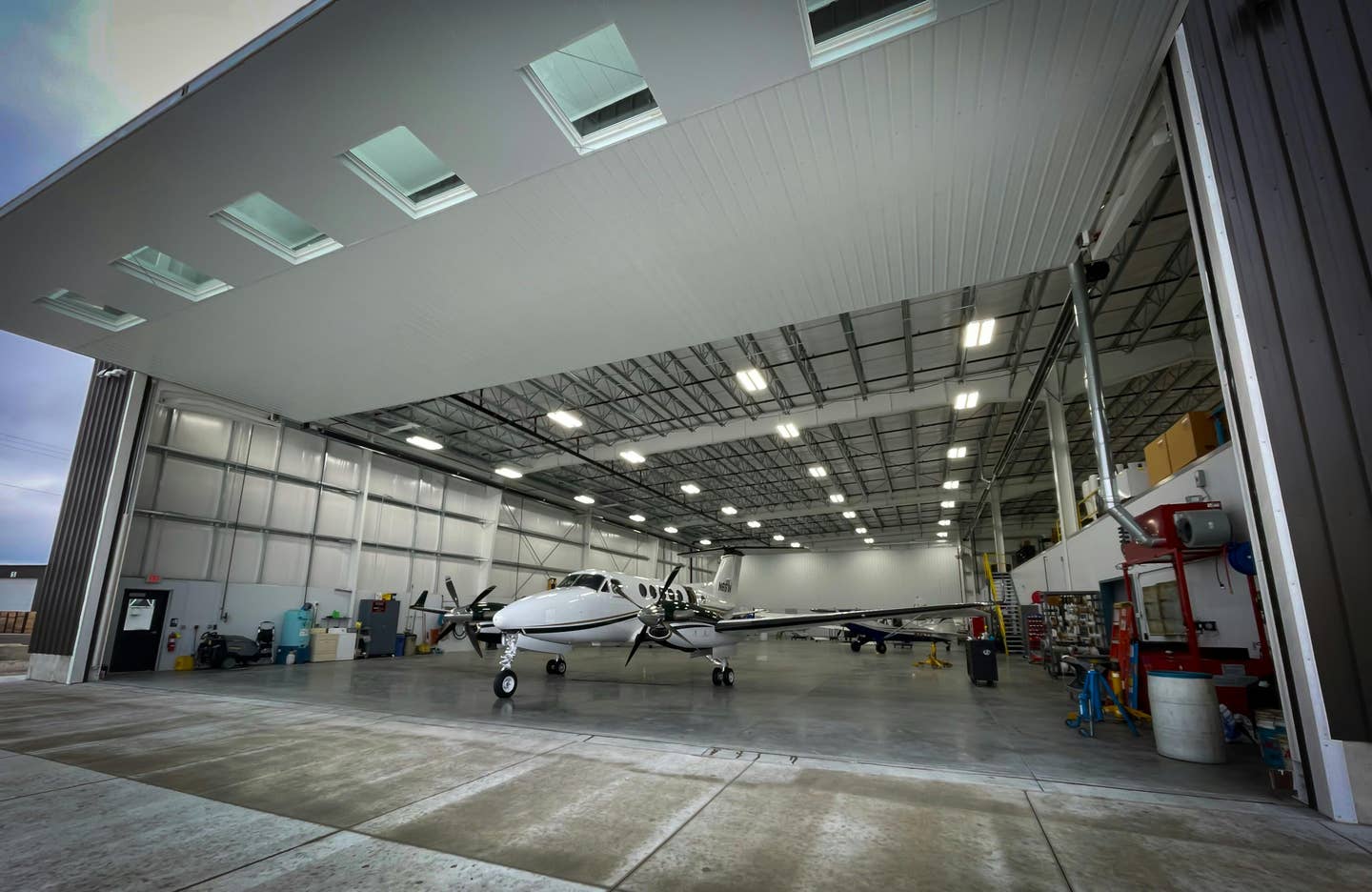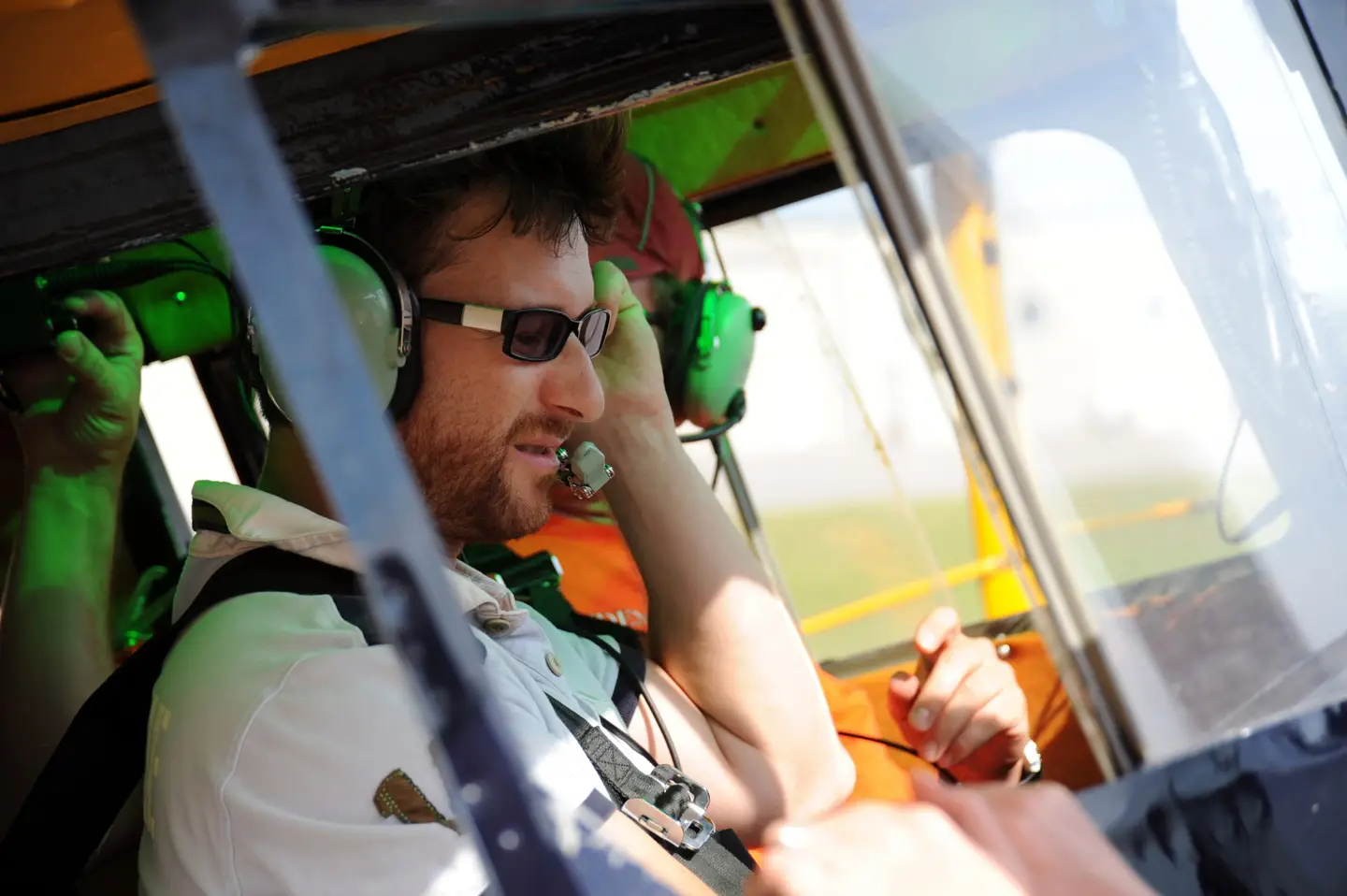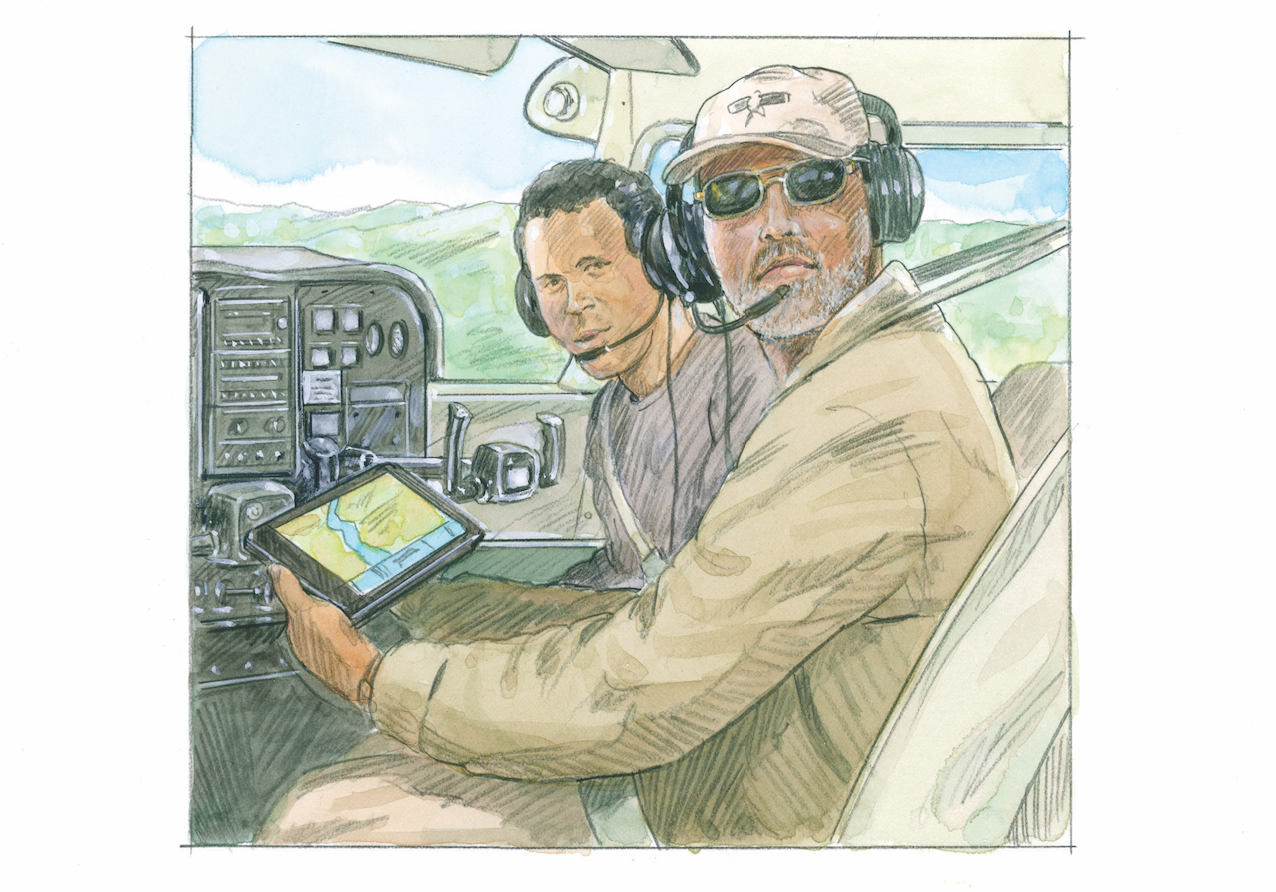Light-Sport Chronicles: Sport-Pilot Survey Says! Part III
Wrapping up our look at how we do our LSA thing
 |
In our first two summaries of LSA pilot opinion, we covered the LSA Who/What/When/Where basics. Our final installment here shares the insights of your fellow pilots on topics such as service and maintenance; high ownership cost; industry challenges ahead and likes and dislikes about the category.
Denver-area pilot Geoff McHarg flies 45 miles for LSA service and wants a partner because "$120k is too much for me alone,"---a typical sport-pilot sentiment. He likes new LSA design, but dislikes the sport-pilot 120-knot top speed and no night-flying restrictions. He sees LSA reliability 20 years down the road as the industry's greatest challenge.
Thomas W. Ivines of Port Charlotte, Fla., plans "to take the maintenance course so I can perform my own annuals and extended service work. LSA parts can be ordered online."
He finds LSA upkeep costs excessive, "but the same goes for GA airplanes. The industry is overpriced, and that's probably the number-one reason aviation is nearly stifled in the U. S. and other countries. The average Joe cannot afford to rent an LSA regularly, let alone buy one."
His biggest dislike: the 1,320-pound, full gross-weight limitation. "This makes for a bouncy ride in even the slightest of winds. Airplanes are like boats; the heavier they are, the better the ride in all conditions. There are days I can't fly my LSA where the Cessna would have been fine.
"One other aspect irks me: Pilots flying standard GA airplanes seem to think lesser of us light-sport aircraft pilots, even if we do have a regular pilot's license."
Ivines would "much rather fly with a passenger to share the experience. When I was dating, I couldn't find a woman who would ride on my Harley and fly in my airplane, too---most would do neither! Then I met a woman who consented to let me take her in my airplane for lunch. Before we left, I asked, 'Can I pick you up on my Harley?'
'You have a motorcycle, too!' she said enthusiastically. I married that woman. To this day, she still rides on the Harley and flies in my airplane with me everywhere. How could I not marry her?"
Ivines doesn't find sport-pilot restrictions a drawback. "I hardly went over 7,500 feet in my Cessna, anyway. My little LSA has a higher ceiling than my Cessna did; getting to 12,000 feet is nothing. I seldom fly higher than 5,500 feet. And my LSA is faster than my old Cessna by 10 knots. Do I need to say more?"
Tim Greer gets his Flight Design CTSW serviced an hour's flight away in Tucson. His LSA likes include lower fuel burn, inexpensive maintenance and parts, modern equipment, new airframes, long range and the airframe parachute.
Dislikes? "They're slow compared to a Cessna 182 and only have two seats." He's concerned about LSA dealer long-term viability.
He enjoys 100- to 200-mile weekend jaunts. "My wife loves it so much, I can hardly ever take anyone else up! I got my private pilot license because there is no reciprocal sport pilot agreement for flying in Mexico. I don't see SPL restrictions as a problem, although a sport pilot can't fly over the Grand Canyon...bummer."
Homebuilt, single-seater pilot Harold Anthony Sweet says, "Too many see LSA as a way of commuting GA-style at a cheaper cost. To me, the LSA is a recreational certificate aircraft and should be flown like one. Those who see it as a GA airplane at a cheaper cost want to fly with glass cockpits; this is not light sport to me. To keep costs down, an LSA should be a simple airplane made for local trips around the patch to get into the air and nothing more."
Tecnam Eaglet renter C. Brian Kerr sees drawbacks in LSA cost, lack of rental availability and useful load. He likes to fly near the Dover Air Force Base Class D in Dover, Del., "to watch the big boys takeoff and land from the air." According to LSA limitations, he would prefer "a little bigger plane, but I don't care about flying at night or the 10,000-foot max ceiling."
Brian Garrett of Colorado feels his partnership was "the only way I could have afforded buying a plane. What happened to the $60,000 LSAs?" He likes "the absolute dead-simple ease of flying they offer and the reasonably low hourly rates in an ownership mode. And, they are fun to fly."
He dislikes the lack of higher speed (his GA friends recently took four hours to get to a destination---he took seven) and lack of more room (for his dog) and payload. Greatest challenges to the LSA industry? "The cost of flying, maintenance, parts and maintaining skill level. Flying is a serious commitment most people don't have the time or energy to make.
"The 120-knot speed really drove me crazy. Fun for flying around the neighborhood, but if I really want to go somewhere---no fun at all."
Student pilot Tom Grinolds likes the high level of technology and innovation in LSA, but not "the price gouging from instrument and engine manufacturers who charge like this is Part 23 all over again."
Fellow student Rob Finfrock rents primarily because of LSA sticker shock. "However, the idea of a $105,000 Van's RV-12 light-sport aircraft (S-LSA) with Skyview electronic flight instrument system (EFIS) is exciting, and almost financially workable."
"Overall, sport pilot strikes me as the perfect starting point for student and low-time licensed pilots. My dislikes center on lack of aircraft availability, high price and general lack of enthusiasm and support---veering closely towards contempt from the larger pilot community."
Californian Steve Mink says, "I like LSA fuel economy, simplicity and sporty handling." And, like the majority of our responding pilots, he appreciates having a parachute on board.
He feels the industry's biggest challenge is to be the small market, except for "mid-50s empty nesters. If FAA expands the driver's license medical to the recreational license it'll help. If I could (pass) a flight medical without lying and risking my insurance, I'd buy a Cessna or Piper, if, for nothing else, (than) to carry more stuff."
Tecnam Sierra partner/owner Phil Howe found his group's decision to buy influenced by having a company dealer just 15 minutes away. He most likes the "Very well-equipped plane. It's cheap to operate, has good performance compared to the C-172 I learned on and it's fun to fly!" General LSA dislikes: the gross weight limit and lack of storage space.
He wishes more young people and women were interested in aviation, and he dreams of flying the Southwest and over mountains, tackling grass strips, and getting his taildragger and seaplane endorsements.
Instrument-rated private pilot Ron Gibson feels the light weight of LSA limits the weather conditions he'll fly in. "It bounces around too much when flying in the summer bumpies.'"
Another concern: "The biggest flight school in my state is unwilling to own an LSA-qualified airplane. I had to drive 70 miles to another airport for my biennial flight review."
Once again, thanks to all who shared their valuable insights!
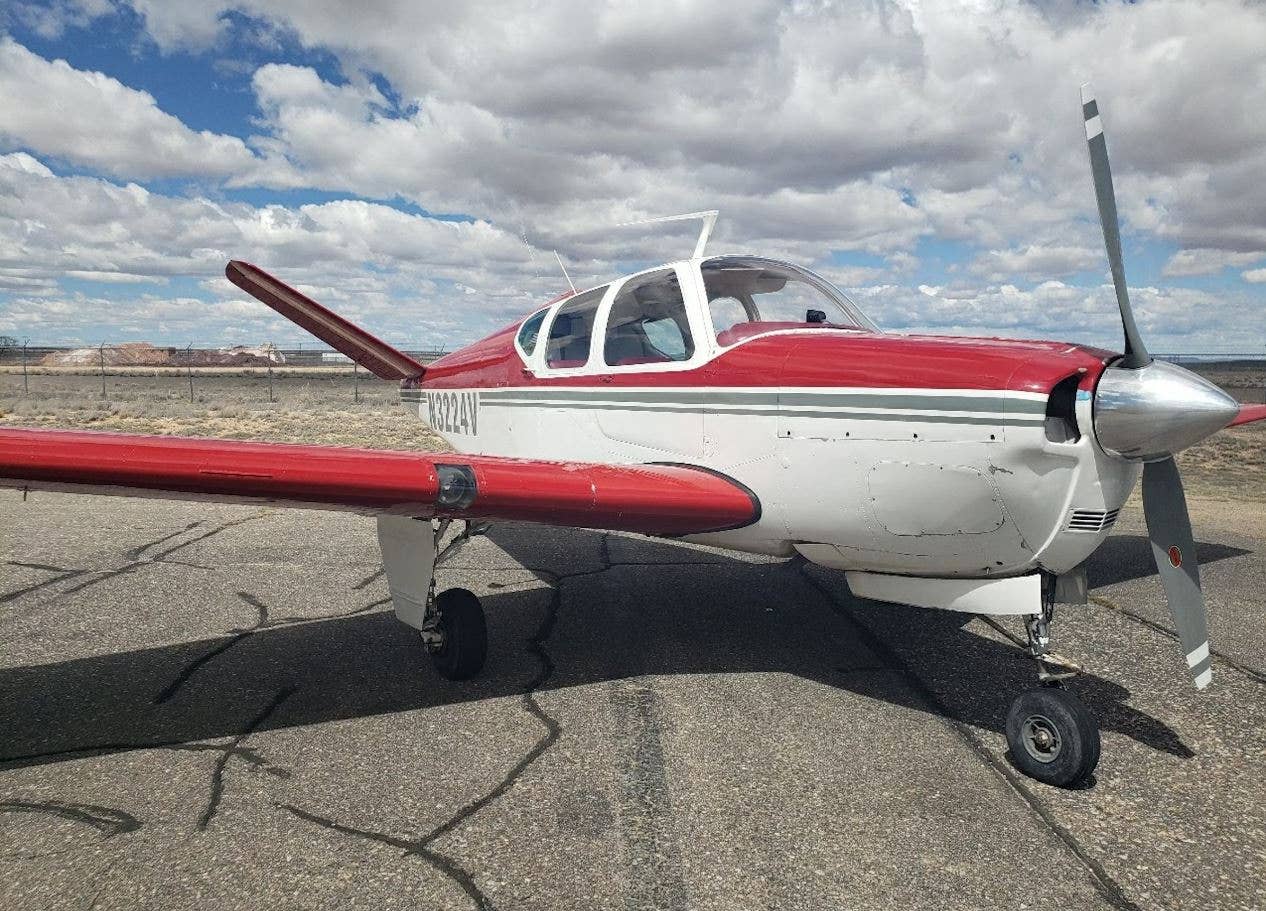
Subscribe to Our Newsletter
Get the latest Plane & Pilot Magazine stories delivered directly to your inbox

